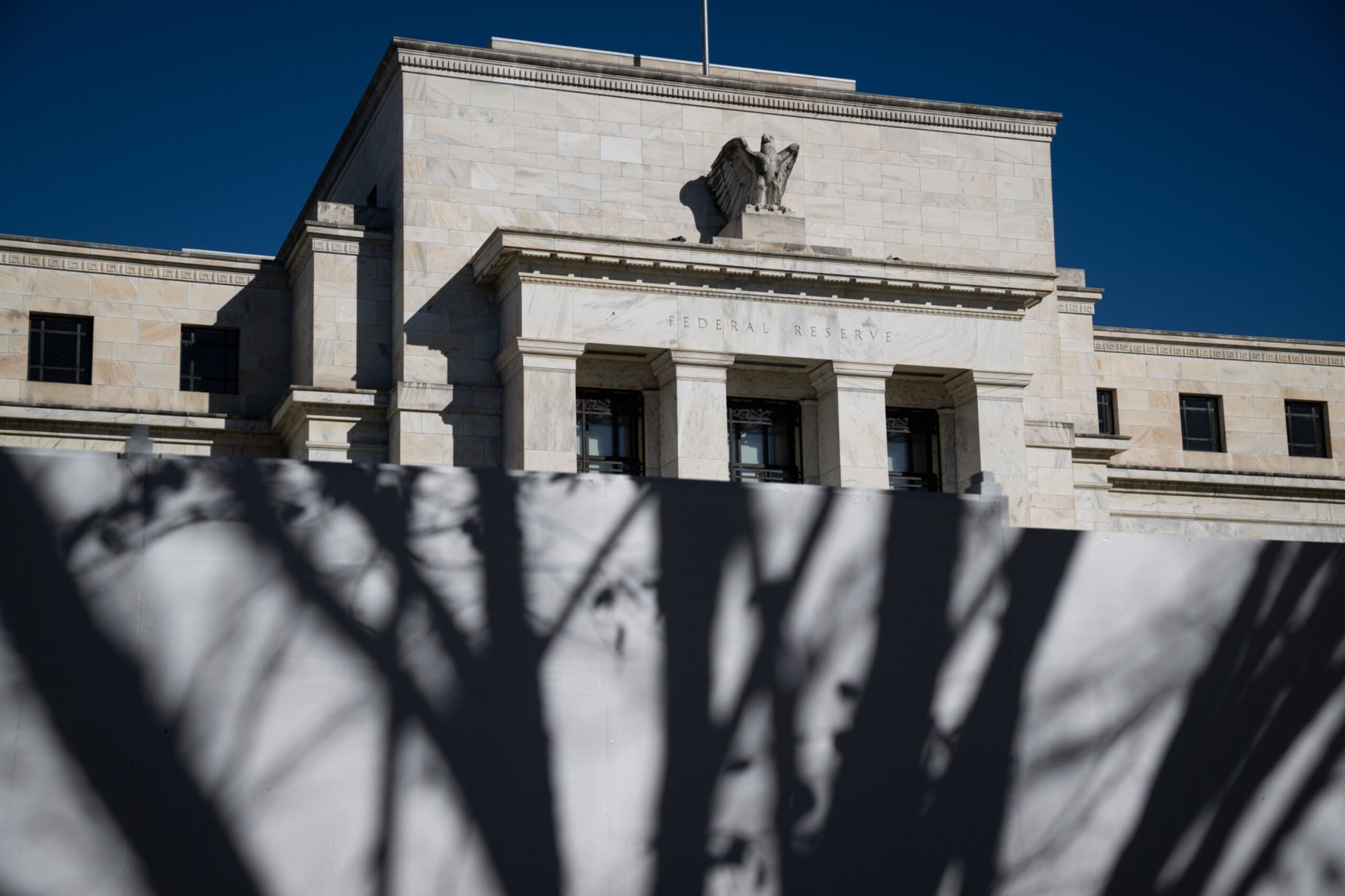A recent political maneuver in the United States has resulted in the approval of three significant bills related to cryptocurrency and digital assets by the House of Representatives. Among these is the controversial H. R. 1919, known as the “Anti-CBDC Surveillance State Act.” This legislation, which aims to prohibit the Federal Reserve from issuing a central bank digital currency (CBDC), has been met with scrutiny due to its implications for innovation and financial privacy.
The Anti-CBDC bill is part of a broader legislative effort that also includes the GENIUS Act, which has already become law, and the CLARITY Act, which is set for further debate in the Senate after the summer recess. While the GENIUS Act establishes a framework for stablecoins, the Anti-CBDC bill seeks to impose significant restrictions on the Federal Reserve’s ability to explore digital currencies.
Restrictions and Implications of the Anti-CBDC Bill
H. R. 1919 is notably concise, comprising only a single page. It explicitly prohibits any Federal Reserve bank from offering financial products or services directly to individuals, whether digital or traditional. Furthermore, it blocks the issuance of any digital currency that would serve as a direct liability of the Federal Reserve System and be accessible to the public.
This legislation raises questions about its necessity, particularly as Federal Reserve Chair Jerome Powell has consistently stated that the central bank cannot act beyond its current mandate without congressional approval. Given the potential backlash from banks, businesses, and consumers, achieving such approval seems unlikely. The bill also imposes a blanket prohibition on the Federal Reserve’s ability to “test, study, develop, create, or implement” anything resembling a CBDC. This restriction could hinder the Federal Reserve’s participation in international discussions about digital currencies, potentially limiting its influence on global financial systems.
The bill’s proponents argue that it is essential for protecting individual privacy. They express concerns that a digital currency issued by the central bank could enable authorities to monitor all transactions, thus infringing on personal financial privacy. However, it is important to recognize that nearly 90% of payments are already digital, a trend that is expected to continue as societies increasingly rely on online transactions.
Assessing the Real Threats to Financial Privacy
The assumption that the issuance of a retail CBDC would lead to a significant loss of privacy may be overstated. While some individuals prefer using cash for certain payments, the trend towards digital transactions suggests that a shift to a digital currency may not drastically alter privacy levels. If cash were to be phased out, alternatives such as cryptocurrencies, which operate on public networks, remain available.
A more pressing concern regarding financial privacy arises from the existing Bank Secrecy Act (BSA). This legislation grants authorities broad access to transaction histories from various financial intermediaries and mandates that institutions report any “suspicious” activity. Efforts to reform the BSA could have a more substantial impact on privacy than the Anti-CBDC bill, yet such attempts have faced considerable resistance.
The focus on the Anti-CBDC bill may distract from the potential disruption to the financial structure itself. A retail CBDC could compete directly with traditional banks, diverting consumer deposits and weakening the commercial banking system. This scenario poses a risk to confidence in the U.S. dollar, yet discussions about the financial system’s integrity are often overshadowed by privacy concerns.
In essence, the Anti-CBDC bill may serve as a political tool rather than a genuine solution to privacy issues. Legislators have framed the bill as a victory for individual rights, despite the reality that a retail CBDC is unlikely to materialize in the U.S. regardless of new legislation. The discussions surrounding this bill could, however, reignite the privacy debate, prompting essential questions about the balance between innovation, privacy, and the structure of the banking system.
